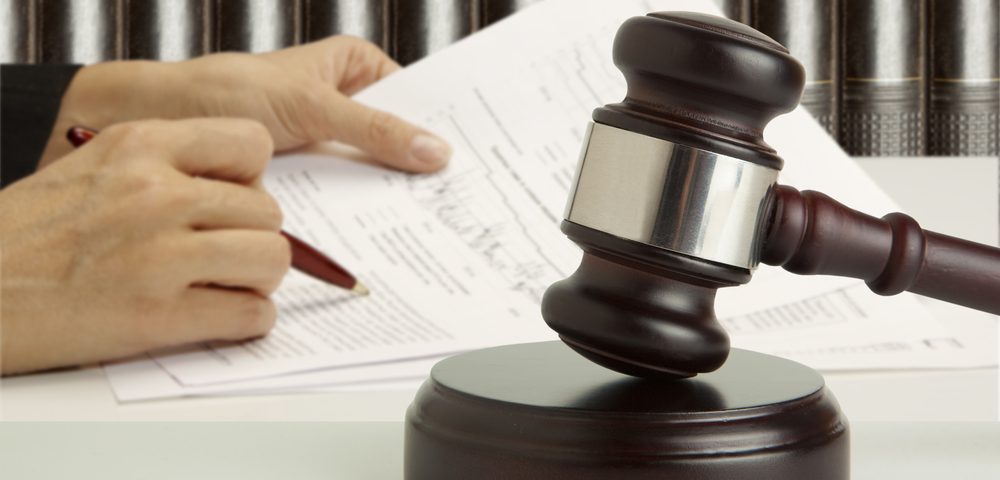![]() In a press release, Johnson & Johnson announced recently that a District of Massachusetts Federal Court has ruled on a summary
In a press release, Johnson & Johnson announced recently that a District of Massachusetts Federal Court has ruled on a summary ![]() judgment motion filed by Celltrion Healthcare and Hospira Healthcare Corporation in patent infringement lawsuits related to the
judgment motion filed by Celltrion Healthcare and Hospira Healthcare Corporation in patent infringement lawsuits related to the  drug infliximab made by J&J subsidiary Janssen Biotech and marketed under the trade name Remicade.
drug infliximab made by J&J subsidiary Janssen Biotech and marketed under the trade name Remicade.
The court determined that Janssen’s U.S. Patent No. 6,284,471 for Remicade (‘471 patent) is invalid.
 Hospira, a recently acquired subsidiary of Pfizer has announced plans to market its biosimilar of infliximab called Inflectra. Celltrion also plans to move forward with a biosimilar of Remicade. Remicade reportedly generates $4.5 billion annually in sales volume for Janssen.
Hospira, a recently acquired subsidiary of Pfizer has announced plans to market its biosimilar of infliximab called Inflectra. Celltrion also plans to move forward with a biosimilar of Remicade. Remicade reportedly generates $4.5 billion annually in sales volume for Janssen.
As a regulatory category, biosimilars are versions of already-licensed biological medicines that are similar in safety, effectiveness, and quality with no clinically meaningful differences compared to the original drug, called the “reference” drug. Minor differences in clinically inactive ingredients are allowed because they are made from living organisms. The biosimilar designation is granted under an abbreviated FDA licensing process for biological products, based on extensive testing.
Remicade/infliximab is used to treat rheumatoid arthritis, adult and pediatric Crohn’s disease, adult and pediatric ulcerative colitis, psoriatic arthritis, ankylosing spondylitis, and plaque psoriasis.
In the press statement, Janssen confirmed that the company will continue to defend what it contends is its intellectual property right to Remicade. The company plans to appeal the court decision and will also continue the appeal process in proceedings already filed with the U.S. Patent & Trademark Office related to the ‘471 patent.
Janssen further stated that a commercial launch of an infliximab biosimilar prior to the future appeals decisions would be considered “at-risk.”
Biosimilar products are different from generic drugs, which are copies of brand-name drugs with expired proprietary patents. Generic products sometimes called “bioequivalent” can be 15-30% less expensive for patients than reference drugs.
Market forces driving demand for the licensing of biosimilar drug products include: increasing pressure to decrease medical expenses and insurance premiums, accumulating deficits in government healthcare budgets due to extremely high medicine costs, and growing demand for high quality medical treatments at affordable costs to patients. Pharmacists can substitute a biosimilar for the reference product without intervention from prescribing health care providers.


